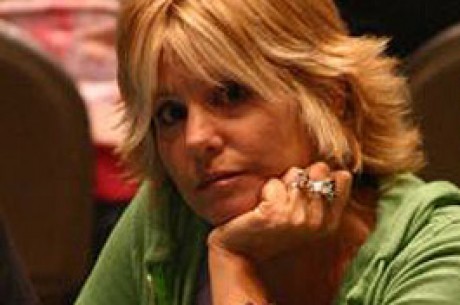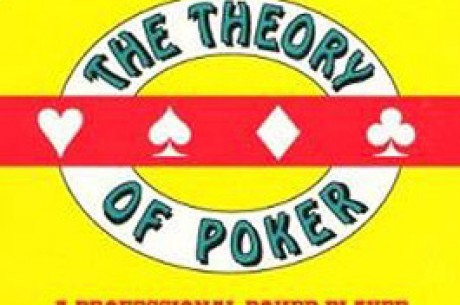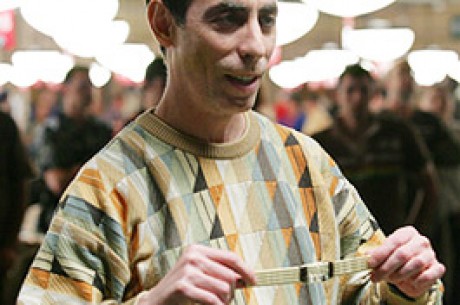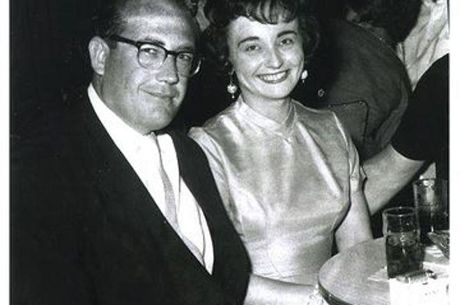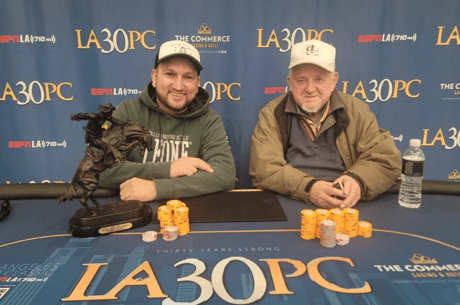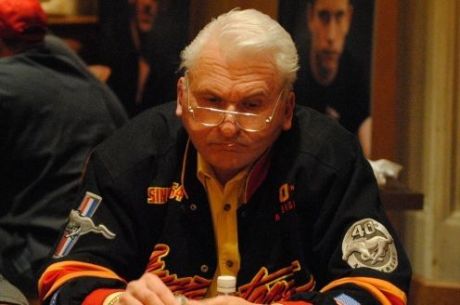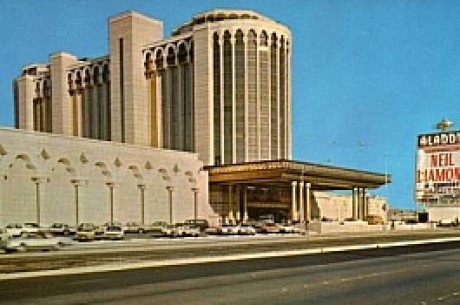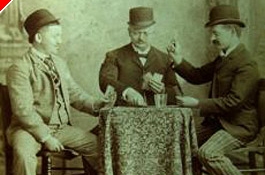Legends of Poker: Howard Lederer
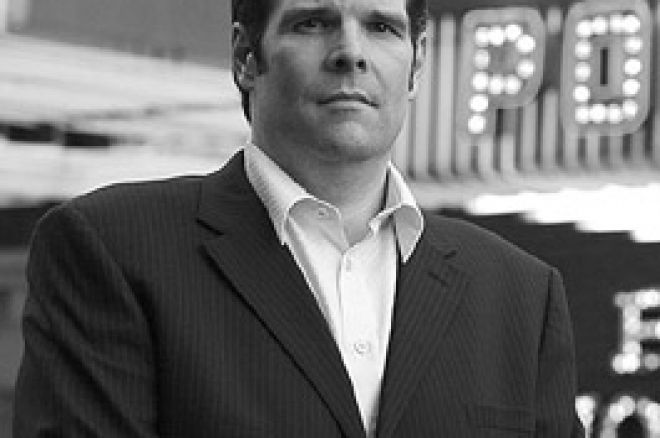
It's 1987 in Las Vegas, 102 degrees on the street outside Binion's, and I've just finished a pizza in the casino two doors down that cost me $2. Life is good. The World Series of Poker is winding down and I have to push my way through a good-sized crowd towards the back of the casino. It's almost as hot inside as out with the crowd and bright camera lights.
When I get a little closer to the final-table action I recognize Bob Ciaffone and Johnny Chan, but that's it. Chan has a huge stack of chips, at least twice what Ciaffone has, and there's also a young bearded fellow trying hard to defend his short-stack each round. He looks a bit like a younger version of "Treetop" Jack Straus with a dark beard and probably 230- pounds on his 6-5 frame.
The next hand comes and goes with the 22 year-old kid holding his fingers to his lips, then folding. After twenty minutes I still don't know if he has teeth. Eventually he speaks, and sure enough, the big guy's got a full set. As the years have played out, it's now also quite clear that Howard Lederer has a full set of poker moves as well. I thought I had a "tell" on him and looked forward to meeting him across the green felt. It's been 19 years now; I'm still waiting.
Howard was born in Concord, New Hampshire in 1965. Like a number of other well-known poker pros, his father was involved in academics (a writer who also taught at St. Paul's School in New Hampshire) and the family played games together on a regular basis. He remembers trying very hard to beat his father in those games, but it was chess that interested him as a teenager.
At eighteen, Howard moved to New York City to pursue his passion for chess, but one of the clubs he played in also had a poker game in the back. Before he knew what hit him, the young man was hooked. He spent most of his waking hours in the club running errands for the players to earn money, and then playing until his eyelids were as heavy as bricks. His time at Columbia University was secondary to his poker game, but he was struggling to make a profit.
Eventually, Howard found his way into the Mayfair Club, which was changing its focus from bridge and backgammon to poker. Although regulars like Jay Heimowitz were already established players, others like Jason Lester, Erik Seidel and Steve Zolotow were new to the game of hold'em. This group of players (including Dan Harrington) was always happy to head to the bar when the games closed at 2AM.
Those bar meetings became as important to attend as the poker games. The players were open and honest about the night's play and they discussed strategy, psychology, and bankrolls while quaffing enough beers to keep the bar open.
Although Howard and Dan were the first from the group to cash at the WSOP (and be beaten by Johnny Chan), Erik Seidel followed up in 1988 with a second-place finish (also being beaten by Johnny Chan). Prior to the main event, Howard enjoyed some success when he finished seventh in both the $1,500 Hold'em and $1,000 Omaha tournaments. Later that year he began teaching poker to his sister, Annie. Apparently the future Ms. Duke was a good student - she currently has won more money ($775,000) at the WSOP than any other woman has.
Howard says he moved to Las Vegas in 1993 in order to take his poker game to the next level. He concentrated on cash games for ten years, but also continued to have success at the WSOP. From 1993 to 1999 he made eight final tables before winning his first gold bracelet in the $5,000 buy-in Limit Omaha Hi/Lo Tournament in 2000.
The following year Howard won his second WSOP tournament, the $5,000 Deuce to Seven event. By this time he was known as a top-flight cash game player, but the prize money was growing at an astounding rate in tournaments and the emergence of the World Poker Tour convinced him to enter more events.
In November of 2002, Howard took home $320,000 for his first-place finish at The World Poker Finals and just a few months later won $290,000 by beating the field in the 2003 Party Poker Million II Cruise, a limit tournament.
If there was anybody left who had not heard of "The Professor" by then, they got another chance to see his name as the winner of $221,000 in the 2003 Bellagio $2,500 No-Limit Five-Star World Poker Classic. Howard enjoyed the event so much that in 2004 he went back and won it again, this time taking home $340,000.
Howard still hopes to someday win the $10,000 WSOP Championship, but for now he has cutback slightly in his poker playing, allowing him more time at home with his wife Suzie and his seven year-old son Matthias. He also puts time into Full Tilt Poker, which he helped design, and continues as the President of Tiltware, which provided the software for the company.
Ed Note: Howard plays at Full Tilt

